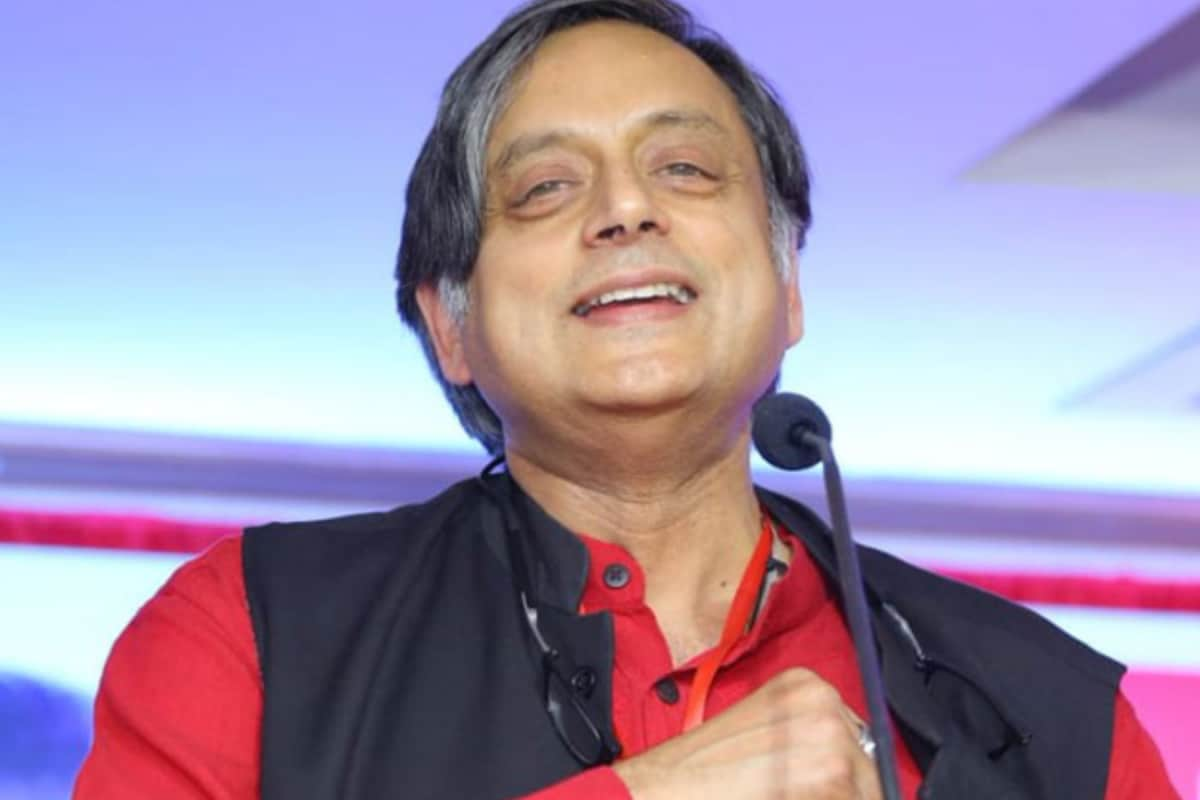

Senior Congress leader Shashi Tharoor has reignited discussions about the Emergency era, specifically highlighting Sanjay Gandhi's role during that period. In a recent article, Tharoor emphasized the importance of understanding the Emergency's lessons, rather than simply remembering it as a dark chapter in India's history. He argues that vigilance is still required to prevent the recurrence of similar authoritarian tendencies.
Tharoor's article criticizes the Emergency imposed in 1975 by then Prime Minister Indira Gandhi, and the measures taken during that time. While acknowledging that India has progressed significantly since 1975, becoming more confident and prosperous, he cautions against complacency, emphasizing that the temptations that led to the Emergency remain relevant today.
Tharoor specifically cited the forced sterilization campaigns led by Sanjay Gandhi as "notorious examples" of state overreach. These campaigns, aimed at controlling population growth, often involved coercion and violence, particularly in poor rural areas, to meet arbitrary targets. Tharoor also pointed to the demolition of slums in cities like New Delhi, which left thousands homeless without regard for their welfare, as another example of the Emergency's excesses.
Tharoor underscored how actions initially presented as measures for discipline and national order quickly devolved into repression and injustice. He warned against the centralization of authority, suppression of dissent, and bypassing of constitutional checks, which can re-emerge under the guise of national interest or stability.
Tharoor's criticism comes at a time when debates about the state of Indian democracy and civil liberties are ongoing. His statements can be viewed as a call for constant vigilance and a reminder that democracy is a precious legacy that must be actively preserved. He urges citizens and leaders alike to remain alert, emphasizing that the Emergency serves as a stark warning against authoritarianism.
While Tharoor acknowledges the significant changes in India since 1975, he stresses the need to learn from the past and safeguard democratic values. He suggests that India is different from what it was in 1975, being more confident, developed, and a stronger democracy. However, the Congress leader maintains that the core lessons from the Emergency remain pertinent.
Tharoor's remarks have stirred reactions, potentially upsetting some within the Congress party, while others may see it as an acknowledgment of historical facts. His stance raises questions about his relationship with the Congress leadership and his broader political views. Regardless of the political implications, Tharoor's emphasis on the importance of learning from the Emergency serves as a reminder of the need to protect democratic principles and prevent the recurrence of authoritarianism.